Pornhub has banned unverified users posting content to its site in an effort to tackle mass non-consensual video uploads, and those related to child sex abuse and other illegal content.
Pornhub announced new safety measures in response to an article published in the New York Times that alleges the site hosts videos of child sex abuse.
As well as banning the ability to download content and blocking new uploads from unverified users, all content historically posted from unverified accounts was suspended as of December 14, 2020, as part of the “the most comprehensive safeguards in user-generated platform history”, according to a statement published on Pornhub’s blog.
“This means every piece of Pornhub content is from verified uploaders, a requirement that platforms like Facebook, Instagram, TikTok, YouTube, Snapchat and Twitter have yet to institute,” the statement continued.
The statement on Pornhub’s site read: “Over the last three years, Facebook self-reported 84 million instances of child sexual abuse material. During that same period, the independent, third-party Internet Watch Foundation (IWF) reported 118 incidents on Pornhub.”
It goes on to say that Pornhub believes it’s being targeted – unlike social media platforms – because it is an adult content platform.
IWF chair Andrew Puddephatt responded in a post: “That fact that we found 118 instances of child sexual abuse imagery on Pornhub between 1 Jan 2017, and 29 October 2019 – a period of almost three years – has been used by those who wish to both defend Pornhub, or campaign against them. Our view is clear: one instance is one too many.”
If you’re wondering how internet platforms have got away with hosting abusive content on its sites without accepting responsibility, it’s down, at least in part, to a piece of legislation known as Section 230 of the Communication Decency Act says “no provider or user of an interactive computer service shall be treated as the publisher or speaker of any information provided by another information content provider.”
While the clauses intends to allow freedom of expression on the internet, it means hosting platforms have been able to escape the blame for allowing illegal and abusive content – content they profit off – on their sites. It’s also the law that allows social media companies to exist in their current form, though. A number of legislative changes have been proposed by both Republicans and Democrats since 2019, and there’s some question as to how it could be applied.
Over two million people have signed a petition calling for the site to be shut down, and its executives held responsible.
Pornhub Vice President, Blake White, previously said that “Pornhub has a steadfast commitment to eradicating and fighting any and all illegal content on the internet, including non-consensual content and child sexual abuse material. Any suggestion otherwise is categorically and factually inaccurate.”
Change of terms
The full update to Pornhub’s ‘Commitment to Trust and Safety’ measures, effective immediately, includes verified user-only uploads, banning downloads, expanding moderation with a newly-established ‘Red Team’, and the introduction of the Trusted Flagger Program, allowing partners to easily alert moderators if they think content on Pornhub violates its terms of service.
In 2021, Pornhub will be the first adult content platform to release a Transparency Report, detailing its content moderation results from 2020, which identify reports of misconduct filed with the National Center for Missing & Exploited Children.
Pressure to act
Pornhub has made numerous headlines this week. In response to the NYT article, Mastercard permanently ended the use of its cards on the site, while Visa said it would suspend payment processing until a full investigation was completed.
The day after Pornhub introduced its new terms, news broke that Mindgeek – Pornhub’s parent company – is being sued for $40m by a group of women who were “coerced…into having sex on camera” by adult content producer Girls Do Porn, which was an official ‘content partner’ of Pornhub. Videos of the women filmed between 2009 and 2016 were shared non-consensually to Mindgeek’s platforms, with some not taken down until Girls Do Porn’s owners were arrested by the FBI in October 2019.
Under the new measures, “only content partners and people within the Model Program will be able to upload content to Pornhub”, but clearly, verification and content moderation may still be an issue, given that several of the 40 women repeatedly asked for their videos to be removed, to no response, according to claims from the group suing for a series of accusations.
While actions (or inactions) in the past have devastated the lives of people who’ve non-consensually featured in explicit videos posted online, the new measures seem to point to a future where the act of uploading content non-consensually is generally less tolerated. Pornhub is a giant in the industry, and in some ways, has the power to set norms among rival platforms.
What hasn’t been mentioned, but remains important, is how unverified accounts of sex workers will have seen all of their content removed this week, which may have an impact financially.
It does seem somewhat shameful that it took a widely-shared article in one of the world’s largest publications to trigger such changes, but they are ones, at least, going in the right direction.
Read Next: How Pornhub uses data to tailor-make content for you



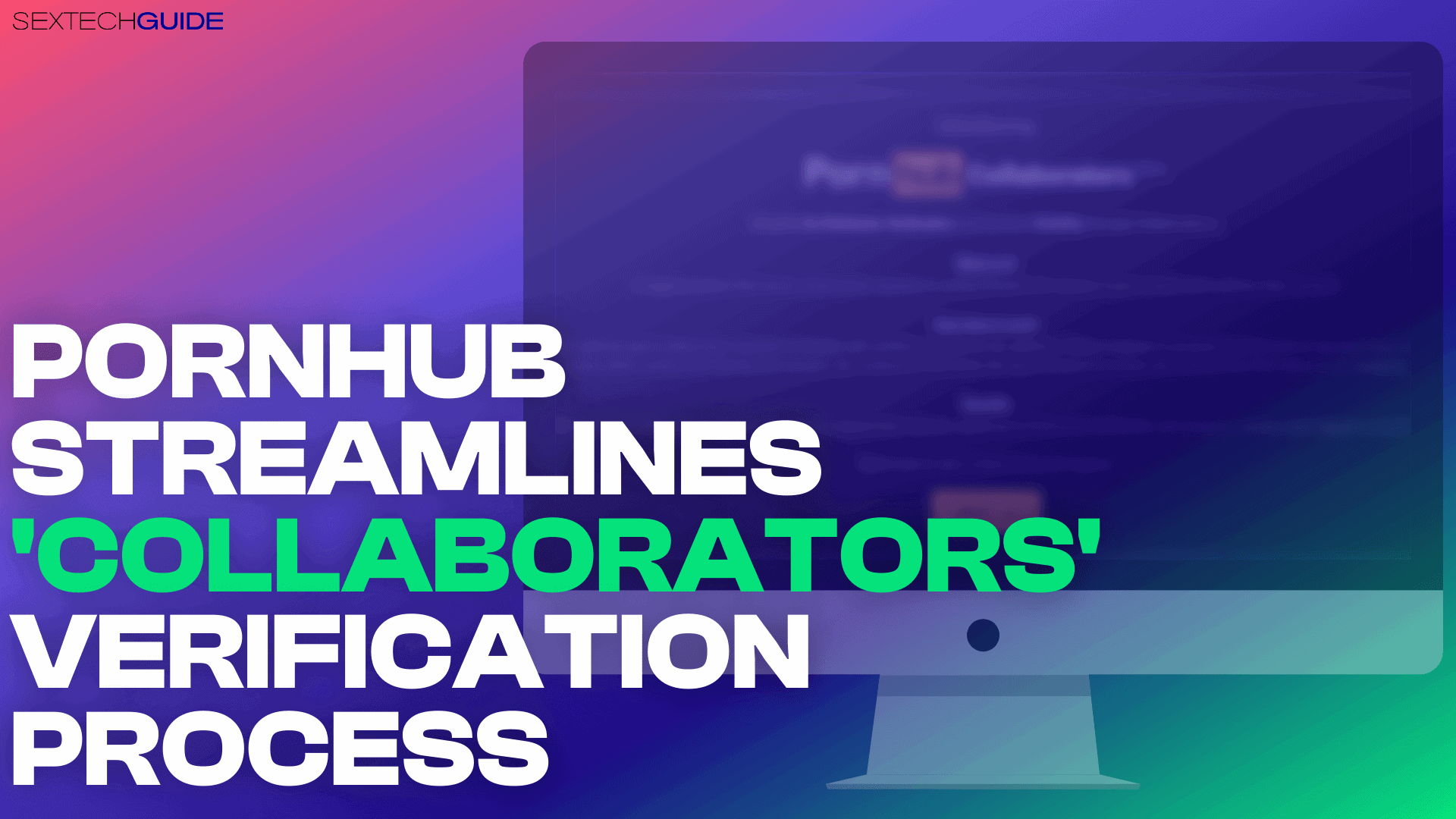

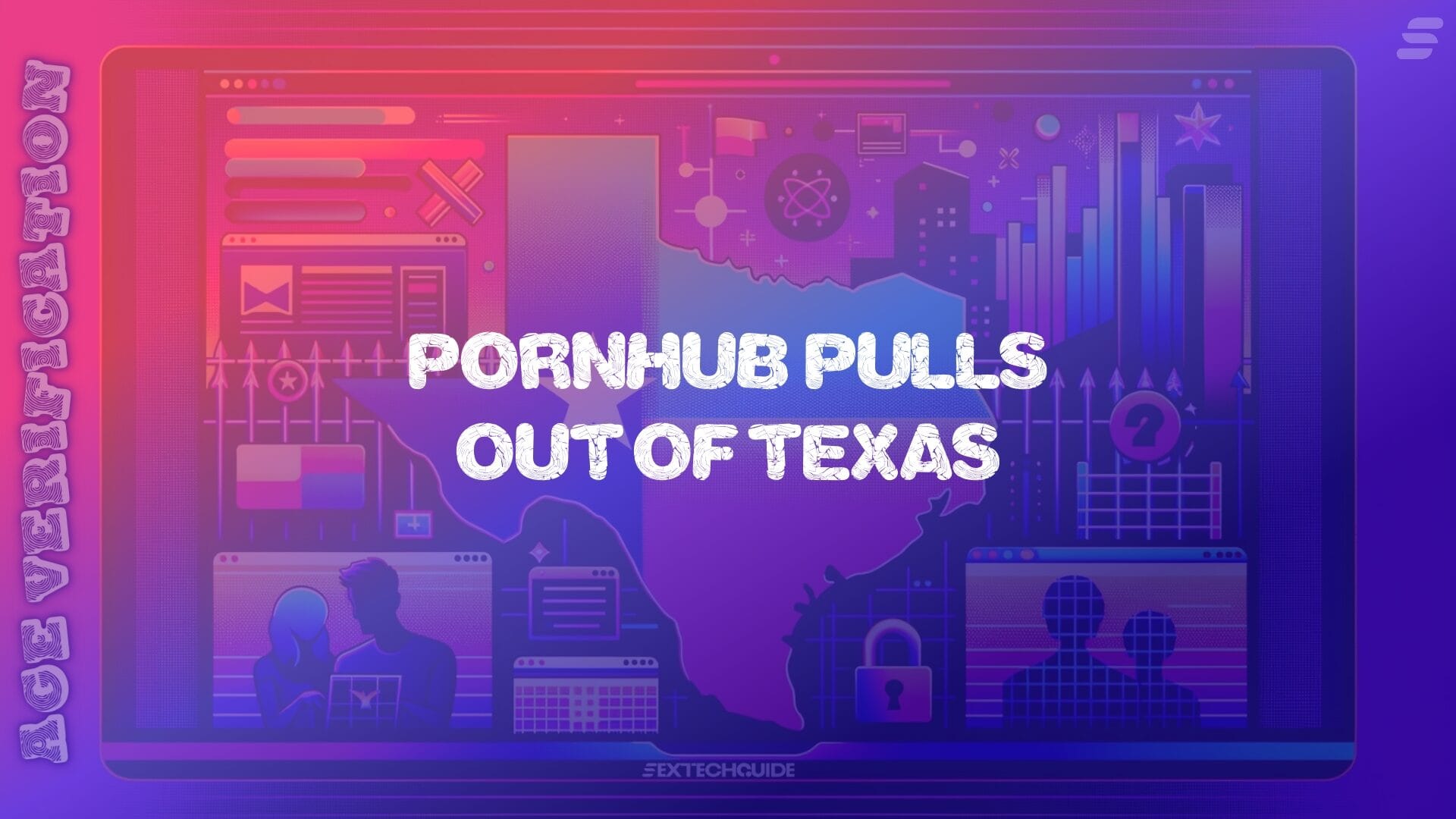













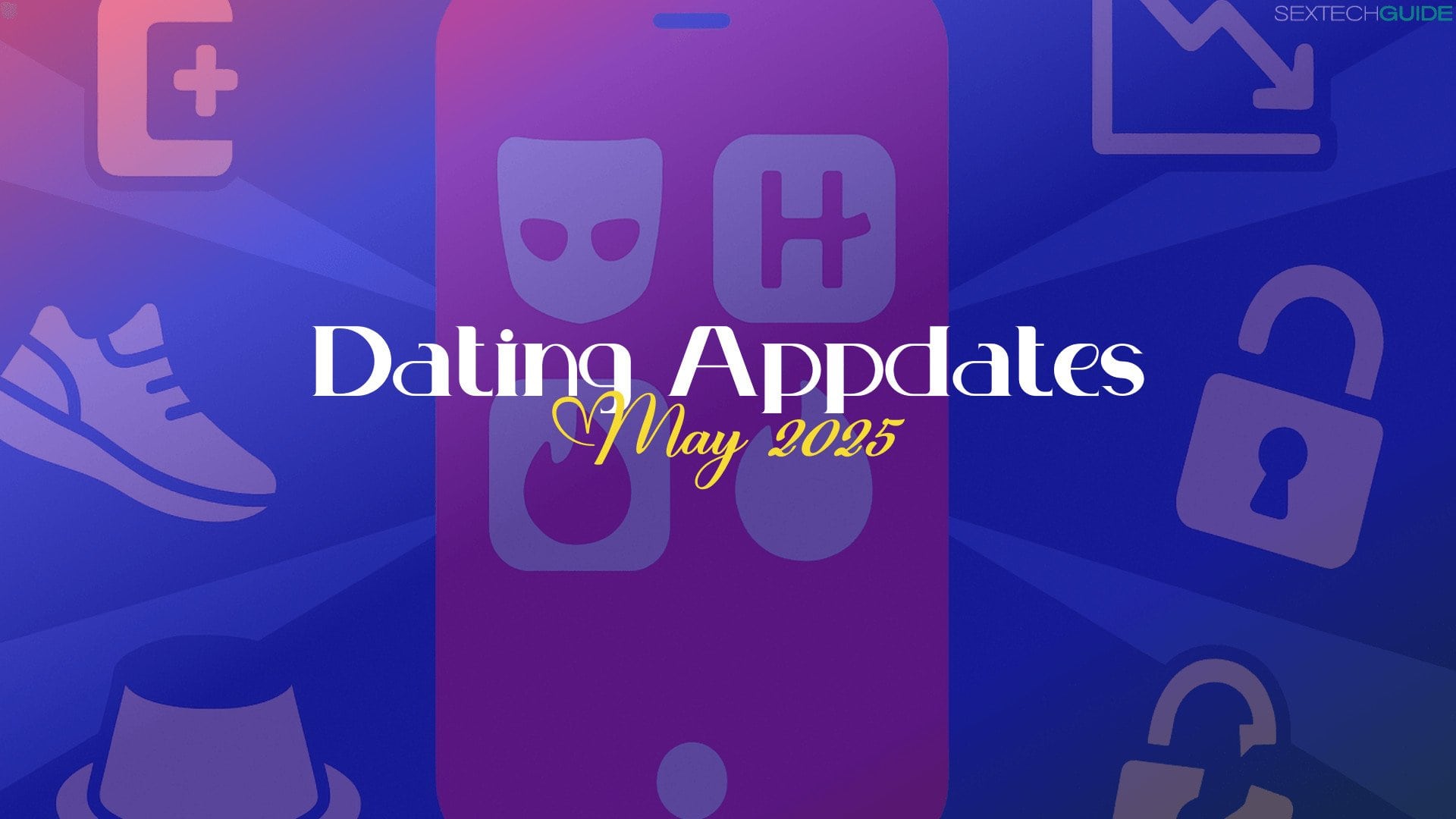


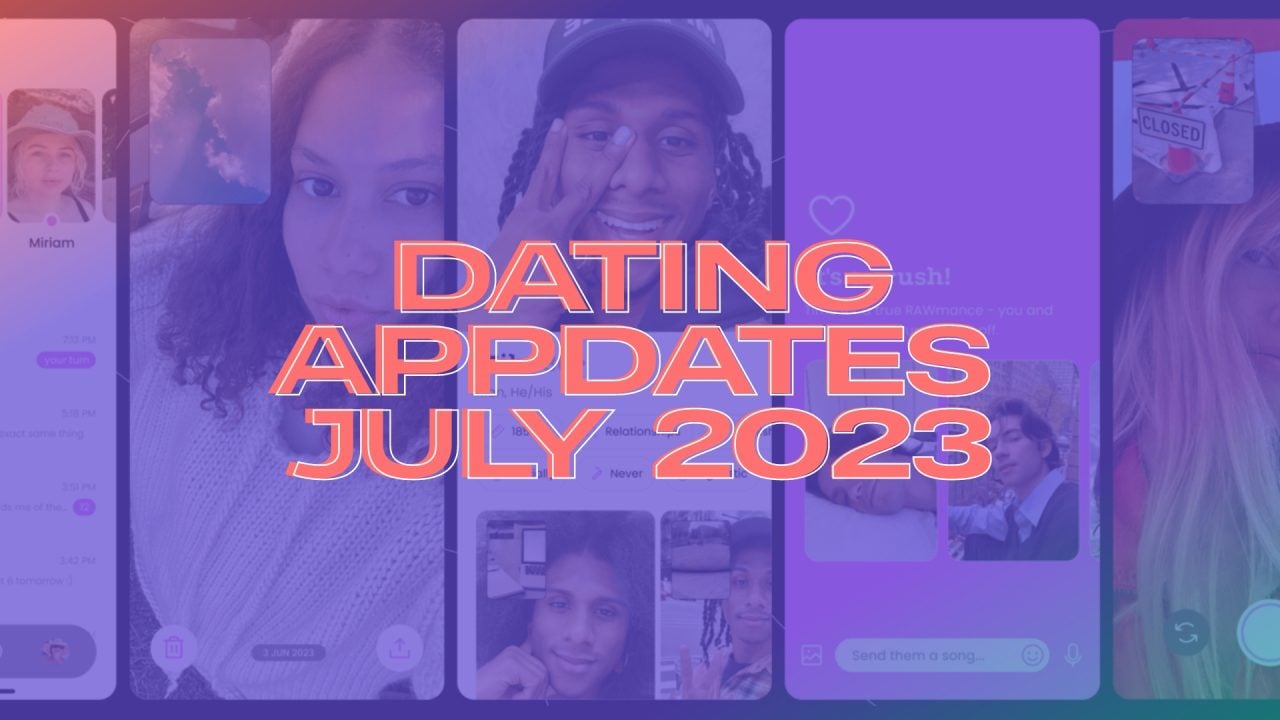








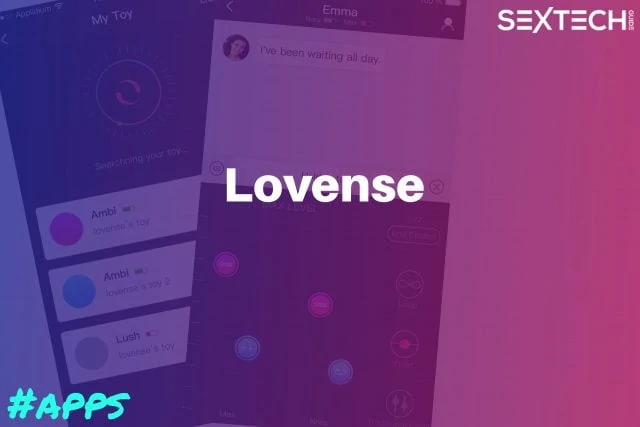
Leave a Reply